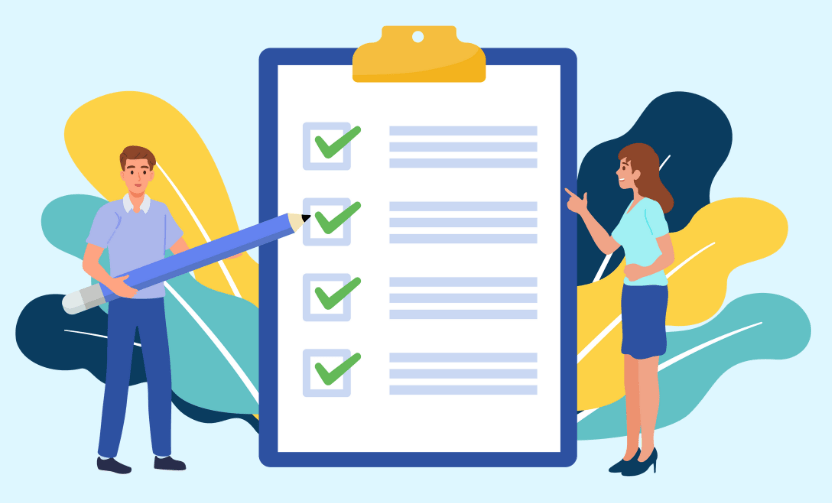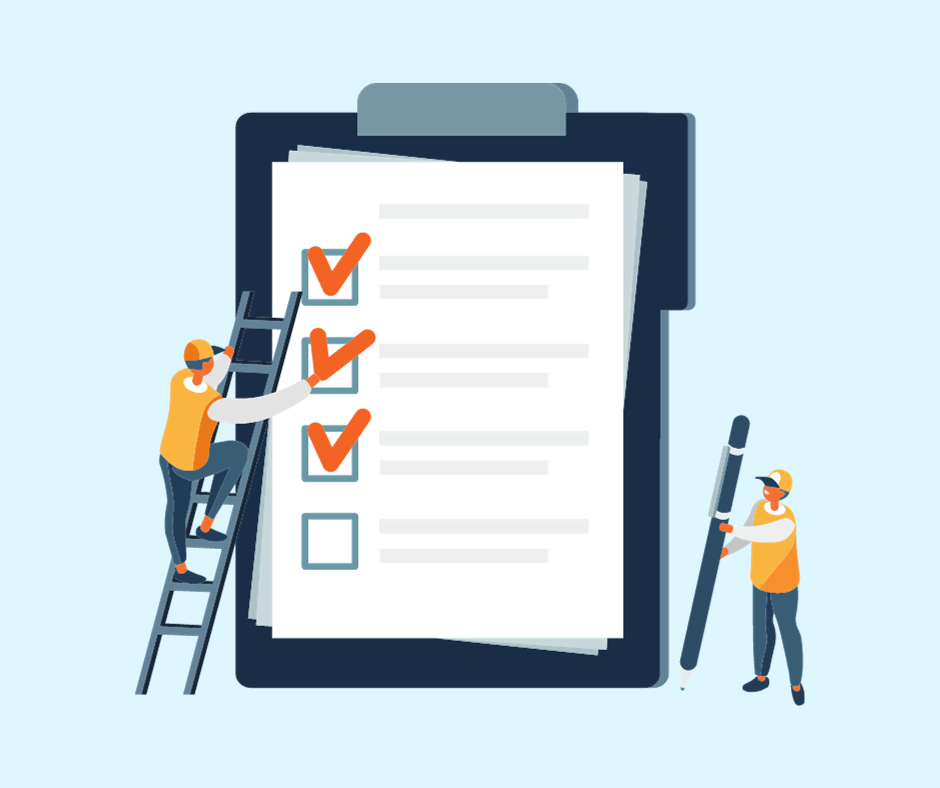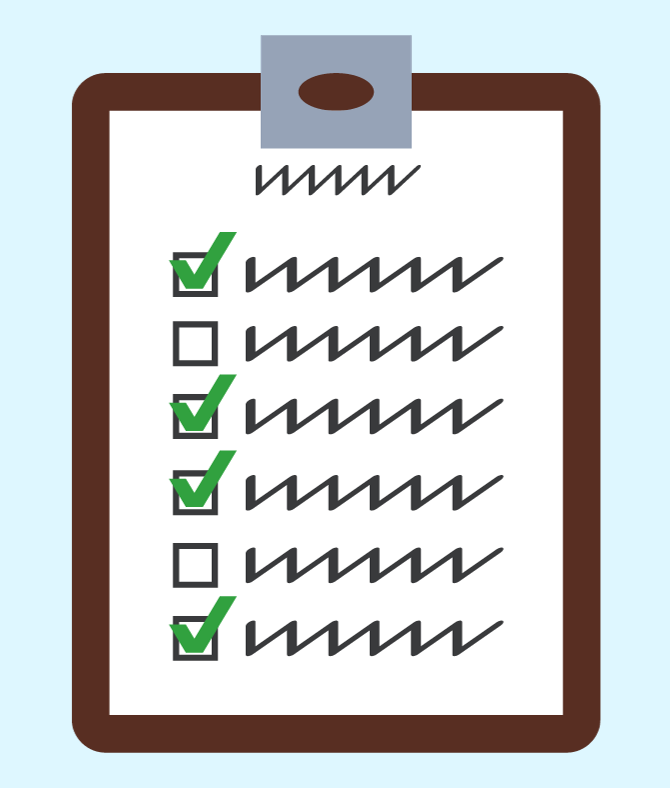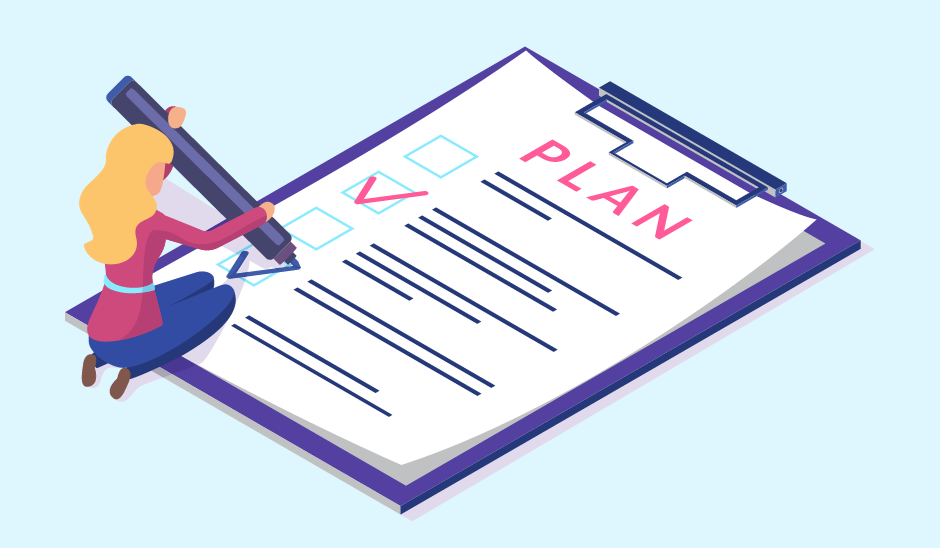Any addiction recovery journey is full of challenges and triumphs. In this process, a practical and empowering tool — the list — can significantly enhance your efforts. Using lists in your recovery process comes with myriad benefits.
1. Goal Setting: Breaking Down Recovery into Achievable Steps

One big advantage lists bring to addiction recovery is the way they make goal setting easier. By breaking down your journey into manageable short-term and long-term goals, you can make the process feel more realistic and less overwhelming. Lists also help you prioritize tasks, so it’s easier for you to make a well-defined and effective recovery strategy.
2. Accountability: Visual Reminders for Progress Tracking

Accountability to yourself and others is a cornerstone of successful recovery, and lists play a key role in reinforcing this principle. The visual reminders of commitments and responsibilities within your lists help you track your progress. Being able to see yourself advancing in this way supports a sense of accomplishment and motivates positive behavior.
3. Positive Reinforcement: Celebrating Achievements Along the Journey

As you advance and grow in your recovery, lists continue to give you observable demonstrations of achievements and progress. The act of checking items off a list gives you tangible reinforcement, which converts to recovery capital. This encourages you to continue your commitment to positive changes.
4. Self-Reflection: Unveiling Triggers and Strengthening Coping Strategies

Lists serve as valuable tools for self-reflection, allowing you to identify triggers, coping strategies, and personal strengths. Heightened self-awareness contributes to more informed decision-making, and it empowers you to better navigate challenges.
5. Effective Communication: Sharing Goals With Support Networks

Effective communication is crucial in the recovery process. You can share lists of goals and challenges with support networks — including counselors, sponsors, and peer support groups. This generates meaningful discussions and collaborative problem-solving.
6. Stress Reduction: Breaking Down Challenges Step by Step

Lists reduce stress by breaking down complex tasks or challenges into smaller, more manageable steps. Then, you can navigate recovery one step at a time, which can reduce anxiety and promote a feeling of control.
7. Routine Maintenance: Establishing Healthy Habits

Healthy routines are crucial in addiction recovery. Lists serve as practical tools by helping you replace your old, destructive habits with new, positive ones.
8. Emergency Preparedness: Proactive Strategies for High-Risk Situations

Throughout your recovery journey, it pays to prepare ahead of time for emergency situations. Lists help you plan for potential challenges or triggers that might threaten your sobriety, such as holiday gatherings or emotionally stressful circumstances. This proactive approach equips you with strategies to effectively manage high-risk situations.
Making a list seems simple, but this activity proves to be a powerful and versatile tool for addiction recovery. By providing structure, encouraging accountability, and promoting self-reflection, lists play an important part in your successful recovery journey.

